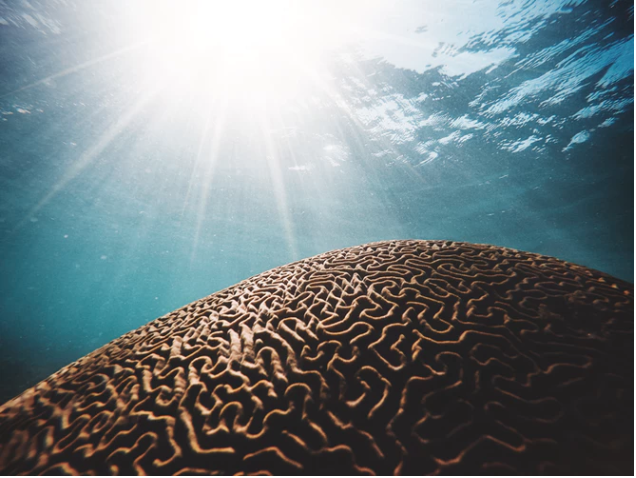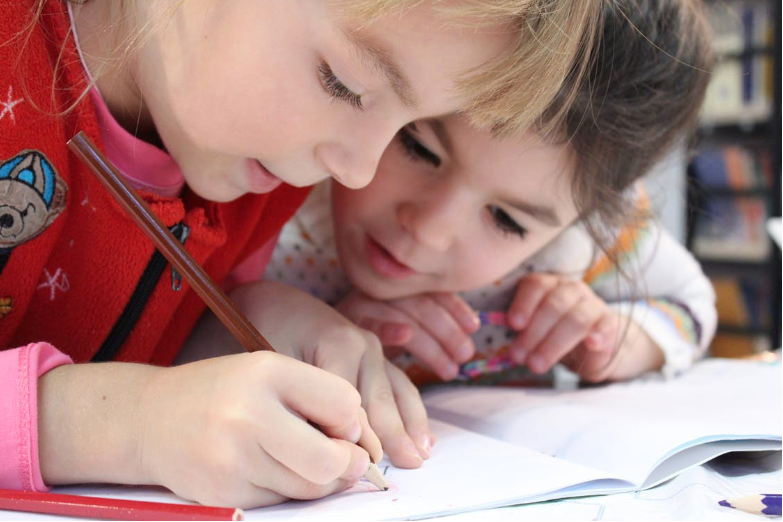
Most people know the profoundly positive impact of swimming on the body and heart as an exercise. As an extension of that, swimming also provides additional benefits. Unfathomable benefits you’ve surely never thought about. Our bodies are fantastical machines, built with systems and processes that work together keeping us alive and functioning. It is of no consequence that improving the efficiency of one system will inherently improve another. In this case, swimming’s effect on the circulatory system directly influences brain function. Who would’ve thought exercise increases brain function? The brain is responsible for regulating our thoughts, memory and speech, movement and the function of many organs within our body. An increase in brain function can repair of damaged brain cells, that’s a crazy benefit! So, how exactly does swimming benefit brain function?
Brain Function Needs Blood Flow!
Due to the intensive nature of swimming, it’s fantastic exercise for your heart! Swimming increases the efficiency of your circulatory system; pushing the heart to pump hard and fast. This effectively increases blood flow to all tissues, organs and cells throughout the body. This also means a boost in blood flow to your brain. Increased blood flow is beneficial to brain function as it helps improve memory, mood, clarity, and focus. Maintaining sufficient blood flow to the brain is extremely important for long-term health. Poor circulation to the brain damages brain cells and puts you at risk of brain disorders like Alzheimer’s or dementia and other potential health problems.
What exactly does blood do?
Blood delivers oxygen and nutrients to the rest of the body while removing toxins and waste. This process is vital for your brain to function. The more oxygen cells lack, the less efficient they become; this is damage that can lead to cell death. A steady flow of nutrients strengthen brain synapses related to memory, regulate neurotransmitter pathways, synaptic transmission, membrane fluidity and signal-transduction pathways. Keeping the brain oxygenated ensures the waste and toxins don’t build up. Build up of toxic waste causes oxidative stress which contributes to the deterioration of the brain and its ability to function.

Actions & Movements
Motor skills gained from swimming develop the brain continuously throughout our lifetime. In conjunction with your body’s capacity to increase brain function through its body systems; fine and gross motor skills aid in growth of intelligence. Motor skills also known as dexterity is the coordination of the bones and muscles in movements or actions. There are two ways to categorize motor skills; gross and fine. They work together in combination with our vision to provide us with coordination. Coordination to stand, walk, run etc.
Gross Motor Skills
As the name suggests, these are actions and movements of larger body parts. Gross motor skills involve large/full body actions like running, crawling, swimming, climbing etc.
Fine Motor Skills
Fine is small, it’s all in the name. These are actions of smaller body parts/movements; involving actions like picking up objects with your index finger and thumb, braiding, handwriting and even blinking!
Performing a particular movement repeatedly strengthens the brain pathways for that movement. Making it easier to perform that movement in the future. This is neuroplasticity. Simply, it means neurons can change their connections and remap to other areas of the body to take over function. Undamaged neurons can do the same thing to compensate for damaged neurons of the motor cortex (if repair needs to be done).
Anytime we acquire a new skill such as learning to ride a bike, writing our signature or dancing the tango, it’s our brain’s ability to strengthen or make new connections to adapt and change that allows us to learn.
Honing your gross and fine motor skills is something we do our whole lives; the more you practice, the better your coordination.So if you are a ballet dancer or a gymnast, a swimmer or a soccer player, a watch-maker or micro-surgeon, your brain connections in your motor system will be different depending on the practice and skill you have with fine movement of different parts of your body. Better coordination has been found to be directly linked with better cognitive function and increased intelligence. So if you haven’t been in the pool in some time or ever, here’s just one more good reason to jump in!

The Impact of Motor Skills on Brain Function
In young children, swimming can aid in the rate at which speech development and improvement occurs. Findings in a study called, “Thinking, Walking, Talking: Intergratory Motor and Cognitive Brain” published in The Frontiers of Public Health journal by Gerry Leisman et al. support the idea that motor and cognitive processes possess dynamic bidirectional influences on each other. What that means is that there’s a strong relationship between the two and they build each other up. The conclusions were drawn from clinical and neural data that showed some brain regions integrate both motor and cognitive functions.
Very briefly, both cognitive and motor function are controlled by brain areas such as the frontal lobes, cerebellum, and basal ganglia that collectively interact to exercise control over executive function and intentionality of movements that require anticipation and the prediction of movement of others. If you’d like to learn more about the anatomy of movement check out this article.
It’s no wonder that the sooner young children begin swimming they become adept learners. A 2012 study found children who learn how to swim at a young age reached many developmental milestones earlier than the norm. These milestones included refining gross motor skills like coordination, and visual-motor skills such as cutting paper, coloring in, drawing lines and shapes, and many math-related tasks. Advancements in math and language skills have a direct correlation to the development of the fine motor system. It is essential that children acquire the fine motor skills that are needed to interact with the environment at an early age. There are different types of evaluations and assessments to gauge how a child is developing. These evaluations measure whether or not they’re learning coordination successfully but can also reveal learning disabilities.

